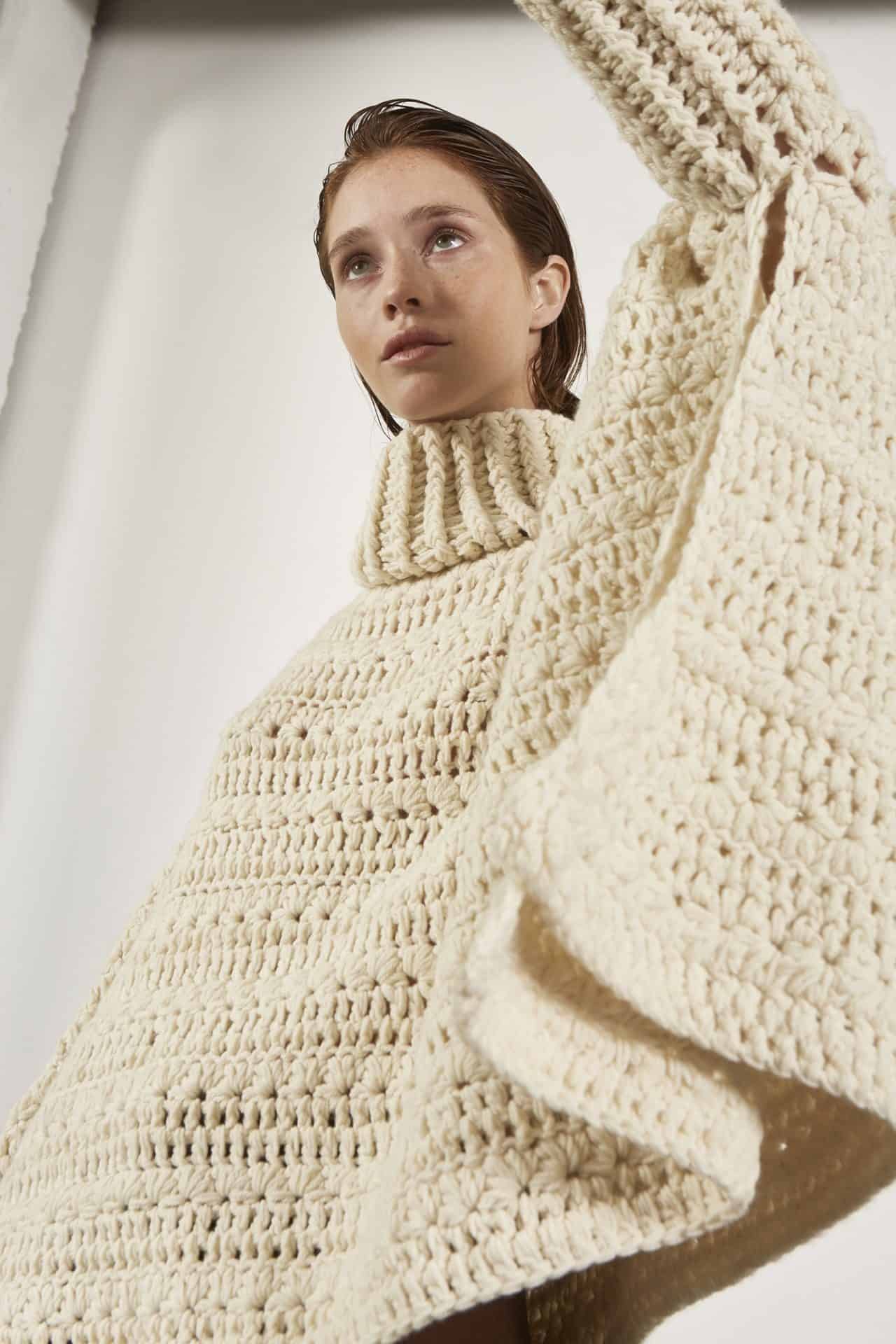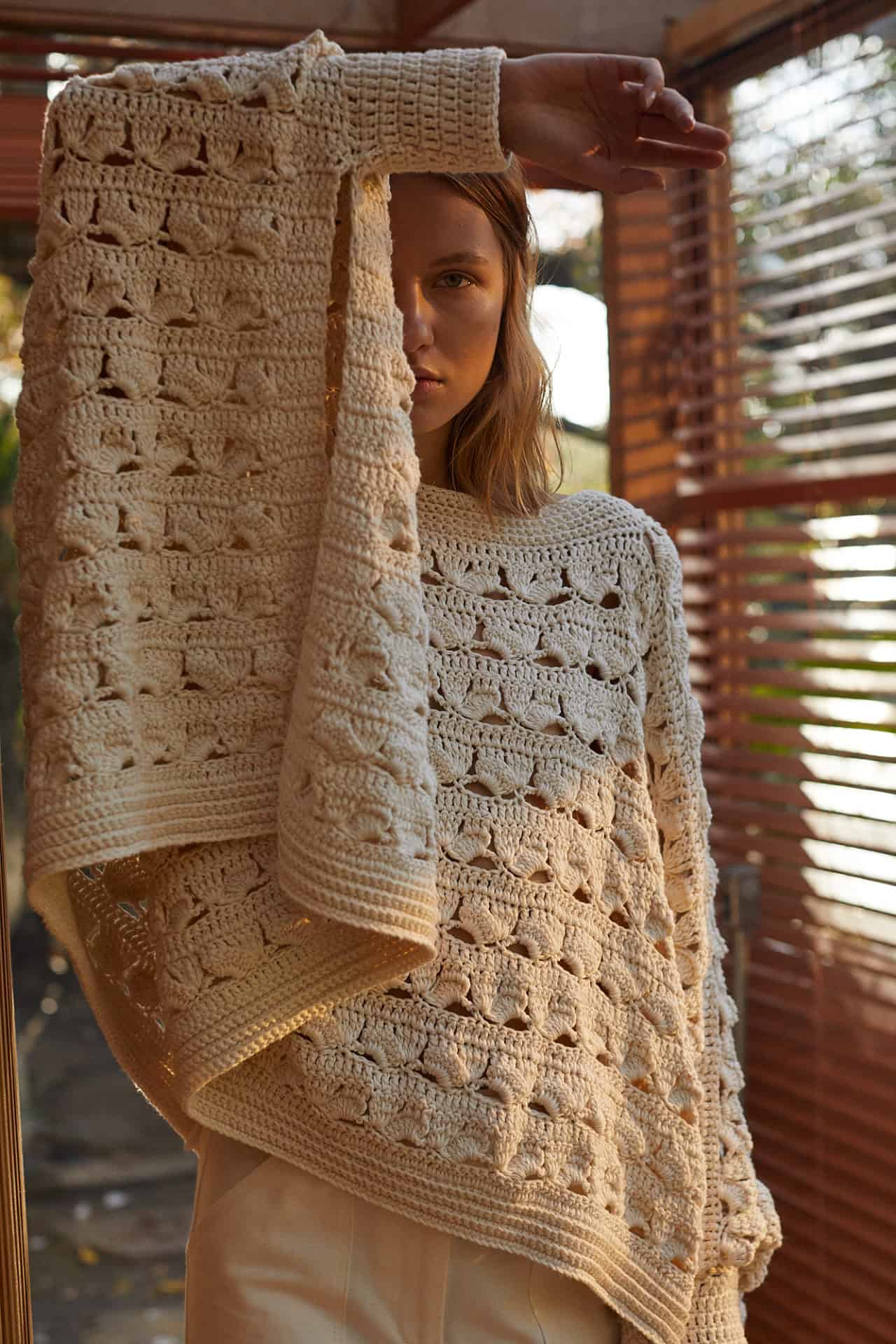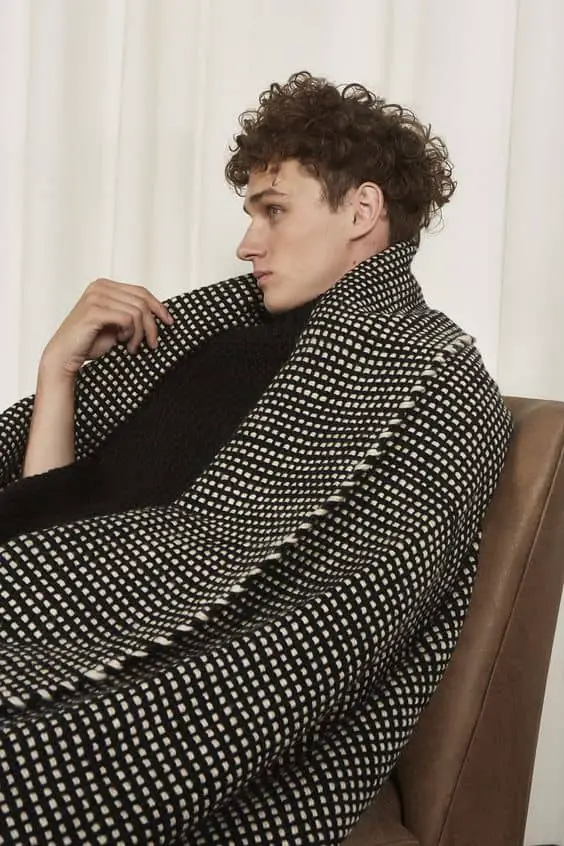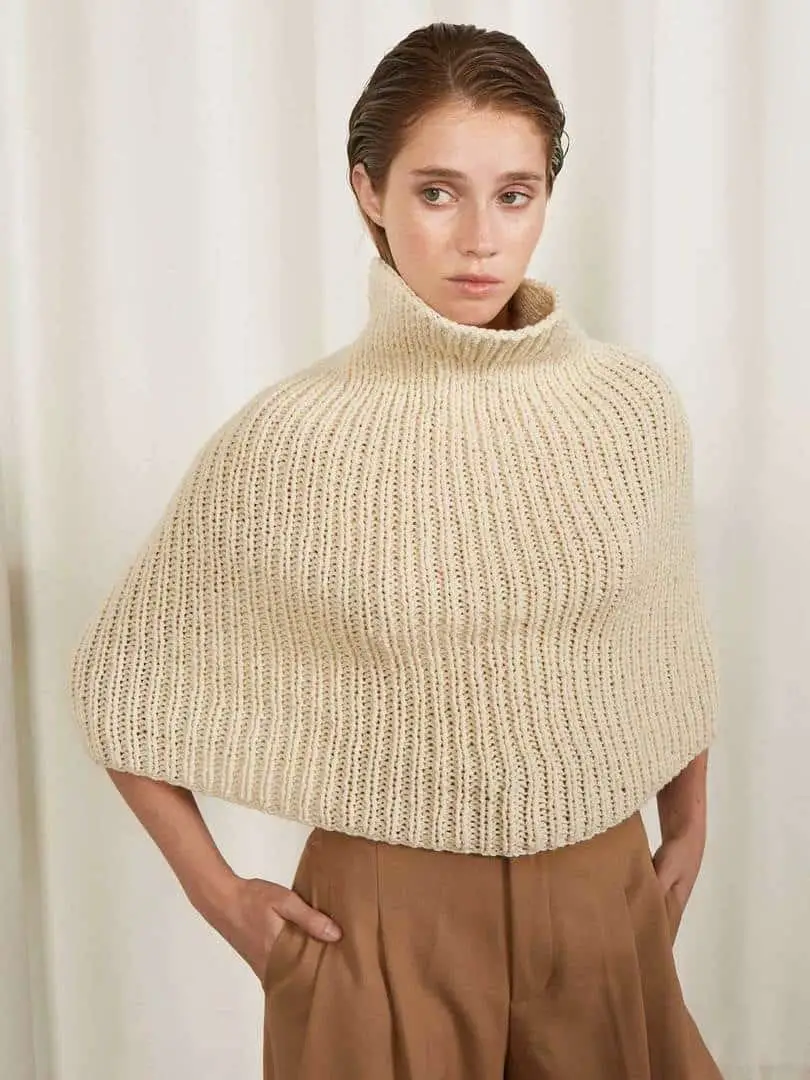What are certified Wildlife Friendly Fibres? If you love animals, you’ll want to know!
By Chere Di Boscio
Most animal lovers know that collecting fibers such as wool and alpaca can seriously harm the livestock they come from. But did you know that wild animals can also be hurt in the herding process?
That’s right. Sheep and alpaca ranchers often trap and kill foxes, wolves and other predators to stop them from preying on their animals. That’s something ranchers won’t often share on social media!
And of course, the very creation of such ranches imposes on the natural habitats of these natural predators.
But today, more ranchers are committed to more wildlife-friendly practices, because they are convinced that their economic futures are better served by moving away from maximising sheep stocking rates and adding value by conserving native species.

Certified Wildlife Friendly Fibers In Action
One ethical knitwear line, Maydi, is demonstrating exactly how certified Wildlife Friendly Fibres can be incorporated into sustainable fashion. The brand has paired up with the Wildlife Friendly Enterprise Network (WFEN) and the Wildlife Conservation Society-Argentina (WCS) to announce the debut of Certified Wildlife Friendly™ fibers from Argentina.
Maria Abdala-Zolezzi, a.k.a Maydi, is a Franco-Argentine designer who trained at the London College of Fashion. After working for over a decade in the fashion capitals of Paris and Milan for huge luxury brands like Hermès, Sonia Rykiel, and Isabel Marant, Zolezzi returned to Argentina to launch her own brand, Maydi. She did so to showcase some of the world’s best natural fibers like merino, and mohair. She even uses wild guanaco fiber in her knitwear. The guanaco comes from the famous grasslands of her native land.
Each Maydi garment is carefully handmade using processes that respect both workers and the environment – including iconic Argentinean wildlife – through this new sourcing partnership with WCS-Argentina and WFEN.
“For us here at MAYDI, sustainability is the responsibility of every individual every day,” says Maria Abdala-Zolezzi. “I want to make unique clothes working under fair trade principles while keeping an equitable relationship with the environment as well as with respect and appreciation for the individual people who participate in the craftsmanship of each piece.”
Thriving Animals – Wild or Not
Her certified wildlife friendly fibers come from ranches committed to allowing healthy populations of guanacos, rheas, and maras to co-exist with their sheep, and to use non-lethal methods to control natural predators that include pumas, chilla foxes, and pampas cats.
Maydi uses only natural fibers and organic yarns in her hand-woven fabrics. The timeless spirit of each piece manifests itself in a 100% contemporary and refined design, carried out through the ancient techniques of hand-knitting, manual weaving loom and crochet, which are thus revalued.

As Eco As Can Be
Abdala-Zolezzi believes in the principles of fair trade. Hence, her designs are developed and produced in collaboration with local Argentine artisans. This assures them fair remuneration and respect for the legacy of their craft and art. Weaving by loom is one of the oldest cultural traditions of the aboriginal people in Argentina. It also highlights the importance of women as transmitters of life and culture.
Maydi works with only with ethically sourced Merino wools that are backed by a production process which takes care of the environment, the well-being of animals and the development of individuals and organizations involved in the entire value chain.
The dyes the brand uses are completely natural. They’re obtained from native plants such as: Tara, Palo Amarillo, Guayacán and Cochinilla. All the plants originate in Argentina and are harvested through environmentally friendly processes.
Maydi sets the sustainability bar very high, ensuring meticulous attention to detail in the entire process of creation of each garment, handmade from start to finish. The design of each piece enables the raw materials and their traditions to speak for themselves.

Verified Ethical
This may all sound fine and well. But you needn’t take the clothing label’s word that they’re using certified Wildlife Friendly Fibers. The Fundación Vida Silvestre Argentina (FVSA) provides third-party verification of compliance, with the WCS to monitor impacts on wildlife.
“We all agree in making the coexistence between sheep ranching and healthy wildlife a long-term achievement.” So said Alejandro Arias, coordinator of the FVSA program. WCS and FVSA are working together under a cooperation agreement with the USFWS to expand the sustainably managed land in the area.
“’Patagonian Fibers with a Conscience™’ provides an inspiring opportunity to combine a sustainable business approach with on-the-ground wildlife conservation,” said Carina Righi, Director of WCS Argentina. “We’re showing that we can protect guanacos and other wildlife, support the local economy, and add value to a product that reaches international markets. It’s a win-win for Peninsula Valdés.”
“We are so gratified to see this enthusiasm from designers and brands in sourcing certified Wildlife Friendly fibers.” That statement was made by Julie Stein, Executive Director and co-founder of WFEN. “We believe global consumers want to support wildlife and habitat through their purchases. This demand demonstrates to ranchers and the Argentinean government that wildlife has economic value. There’s no doubt wild lands and ranch lands can both thrive. It’s very exciting to work with such an exceptionally talented designer like Maria who also shares our vision for a definition of sustainable fashion that includes biodiversity.”

The Wildlife Friendly Enterprise Network
WFEN and its certification programs represent grassroots farmers, ranchers, herders, artisans, indigenous peoples and conservation heroes from around the world. These include two World Bank Development Marketplace Award winners, a U.N. Equator Prize winner, leadership in the world’s marketplace for REDD+ Carbon Offsets, and a Time Hero for the Planet.
So far, Wildlife Friendly® products have contributed to the conservation of over twelve million hectares of diverse wetlands, forests, and grasslands. Although this article focused on South America, the group has also protected endangered species in Asia, Africa, Europe, and North America, too. These species include the Snow Leopard, Elephant, Tiger, Cheetah, Red Panda, and Wolf. The WFEN has benefitted over 200,000 people as well as animals through increased food security, income and employment.
Behind each brand is a mindset. Behind the handmade knitwear brand, Maydi, there’s a mindset to create clothing from organic, biodegradable fibers that don’t harm the earth – or animals.
We can only hope that more labels follow Maydi’s mindset and ethics, using certified Wildlife Friendly Fibres whenever possible.
Do you think Certified Wildlife Friendly Fibers are important in ethical fashion? Let us know in the comments, below!
- The Best Reformation Sun Dresses For 2025 - July 22, 2025
- WIN A Pair Of Custom Made Jeans By Sumissura - July 19, 2025
- How To Choose The Best Hairstyle For Your Face - July 7, 2025
